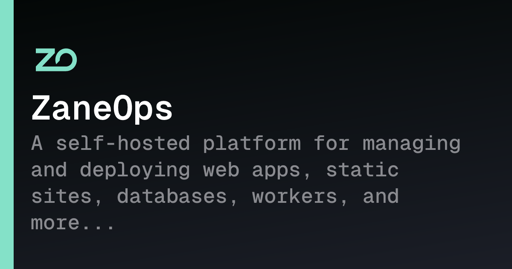

No I know what you mean. I’m not talking about the “Trumotion” 120hz motion smoothing technology.
The first generation of Sony Bravia TVs that advertised native 4k/120hz, specifically to coincide with the release of the PS5, couldn’t actually do native 4k/120hz. It wasn’t until their following generations that were finally able to, in a post-launch firmware update.




I’m not misremembering anything. I have the x900h in my living room right now. It cannot do native 4k/120hz, to this day. It can do Native 4k OR it can do 120hz but not both. If you enable 120hz, the horizontal resolution is cut in half to only 1080 pixels. This couldn’t be fixed with a driver update because it’s a consequence of Sony cheaping out on the processor. It is physically not capable of it.
VRR was added in a firmware update, but again due to Sony’s poor choice in hardware components if you enable VRR it disables local dimming entirely. Being an LED panel, without local dimming the picture is significantly degraded. It’s a truly terrible TV for anything but casual Netflix watching, given its price point. If it was half the price they sold it for that’d be a different story.
At the time, you could have bought a Samsung Q70T instead for the same price which actually had native 4k/120hz.